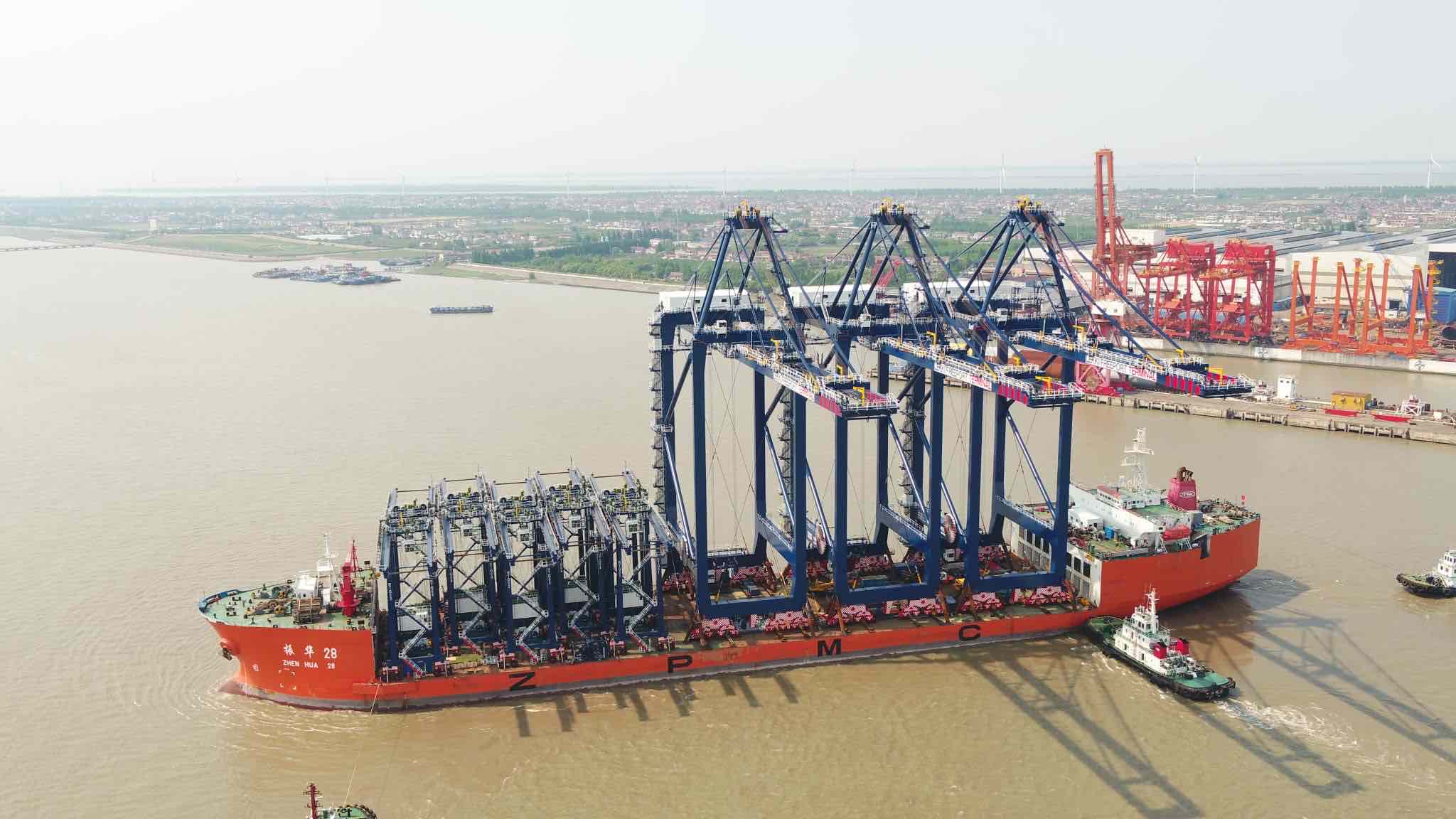Nigeria has approved seaport development projects in three states of the country’s southern region as part of push to expand port infrastructure and services that will boost revenue in Africa’s biggest economy.
The Federal Executive Council’s approval will allow the development of the Ondo Multi-purpose Port in Ilaje, Ondo State; the expansion of Snake Island Terminal in Lagos State; and the expansion and development of Burutu Seaport in Delta State; all through public-private partnerships (PPP).
By 2030, Africa’s Blue Economy, a key priority area of the African Union’s Agenda 2063, is estimated to grow to $405 billion, generating 57 million jobs, according to the African Union.
For Nigeria, the development of seaports projects could strengthen its position as a major hub and gateway within Africa’s growing maritime economy.
As the Nigeria Ports Authority confirmed the approval of seaport projects in the states of Ondo, Lagos and Delta, the Authority provided insights into what it means for Nigeria and development partners.
Ondo Deep Sea Project
The Ondo State Government, along with its partners, incorporated the Special Purpose Vehicle (SPV) Port of Ondo Development Limited to design, finance, operate, maintain, and transfer the Ondo Multi-Purpose Deep Sea Port at a total project cost of $1.48 billion. It’ll be fully funded by the proponent for a concession period of 50 years.
Projected revenues accruing to the Federal Government are expected run into $50 billion in royalties and other fees in marine services, while the proponent is expected to receive USD $2.6 billion in profits throughout the concession tenor.
The Ondo Deep Sea Project will be developed in two phases.
Snake Island Port
According to the Nigeria Ports Authority, this project would expand the existing port facility from the current single berth to 4 terminals with 3 km of quay, 7 ship berths, and 11 barge berths, with 6 to 13.5 meters of the draft on a total area of 90 hectares. It would comprise container, bulk, and multipurpose (general cargo/RoRo) terminals.
The Snake Island Port facility, located within the Snake Island Integrated Free Zone (SIIFZ), would be expanded at a total cost of $974.1 million for a concession period of 45 years.
Projected revenues accruing to the Federal Government stand at $18 billion in royalties and marine services, while the proponent is expected to receive $5.23 billion in profits throughout the concession tenor.
Burutu Port Project
The Burutu Port project in Delta State, proposed by Messrs. Akewa Colmar Services Ltd., has been conceptualized as a mining, inland transportation, logistics base, operating as a transshipment hub for the provision of other port services in western and central Africa.
As part of the project, the old port at Burutu will undergo rehabilitation while a greenfield port, proposed for Agge in Delta State, would be developed. The project is estimated to cost $1.2 billion for a concession period of 40 years.
Projected revenues accruing to the Federal Government stand at $125 billion in royalties and marine services, while the proponent is expected to earn $9 billion in profits throughout the concession tenor. The project will be developed in three phases.
Revamping ports infrastructure for growth and development
“These projects are the results of the Federal Government’s drive, through the Federal Ministry of Transportation (FMT) and the Nigerian Ports Authority (NPA), to improve port services, increase revenues, and take pressure off the existing ports and critical infrastructure,” the NPA said in a statement, adding the Infrastructure Concession Regulatory Commission (ICRC) have issued Certificates of Compliance to the port projects.
Many of Nigeria’s existing seaports, inherited from the colonial administration, have struggled to function efficiently over the years. But the country is ramping up investments to reverse the trend. At the beginning of this year, Nigeria commissioned the Lekki Deep Seaport, next to the Dangote Refinery, on the east of Lagos. The port, which is the largest in Nigeria, is expected to end cargo congestion in Lagos and cut waiting times offshore.

